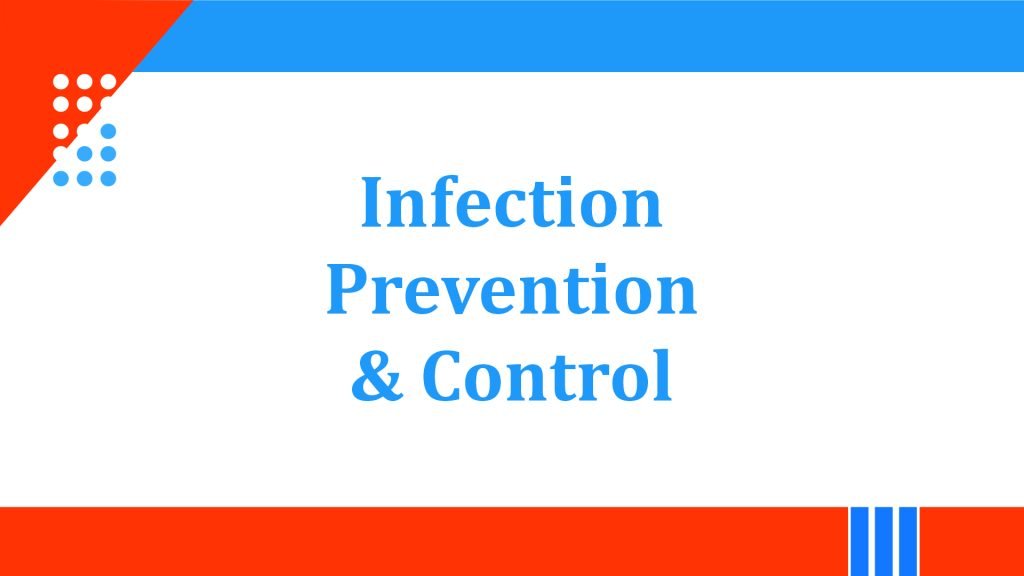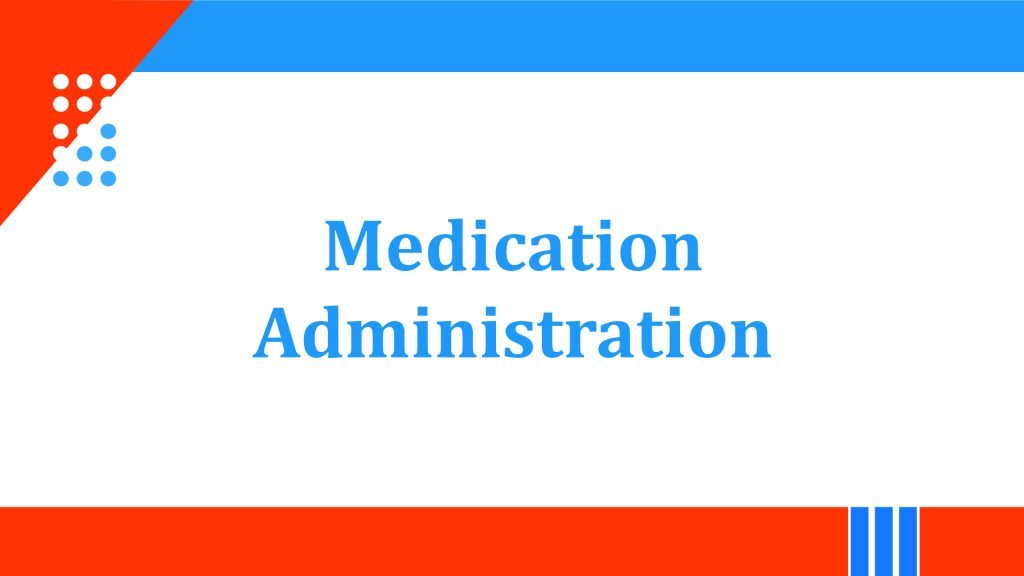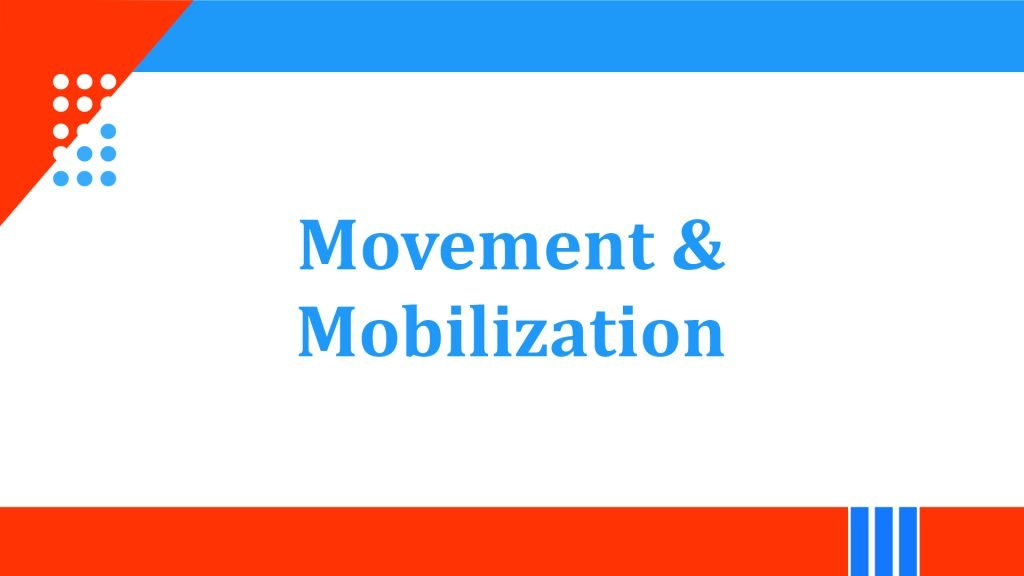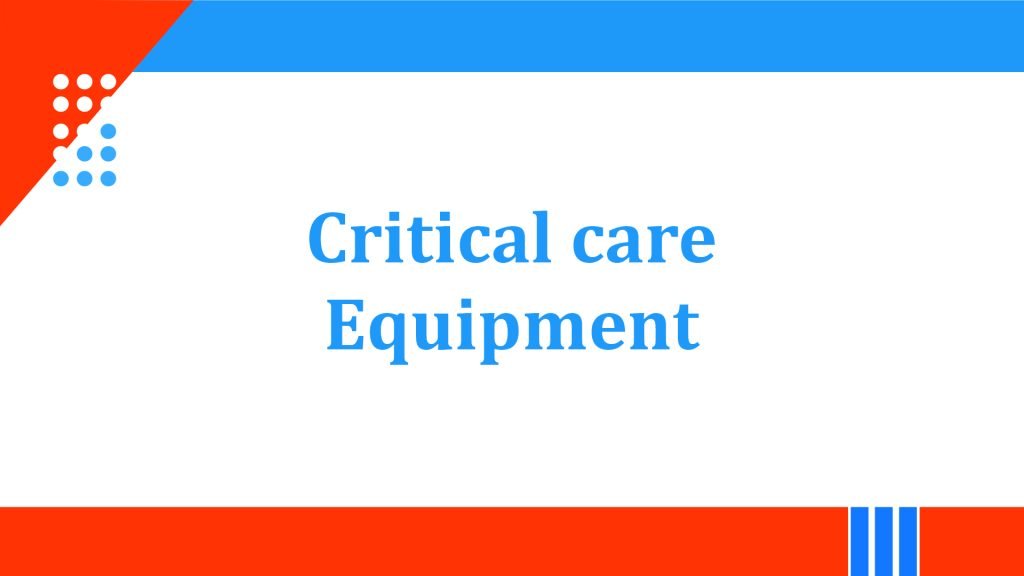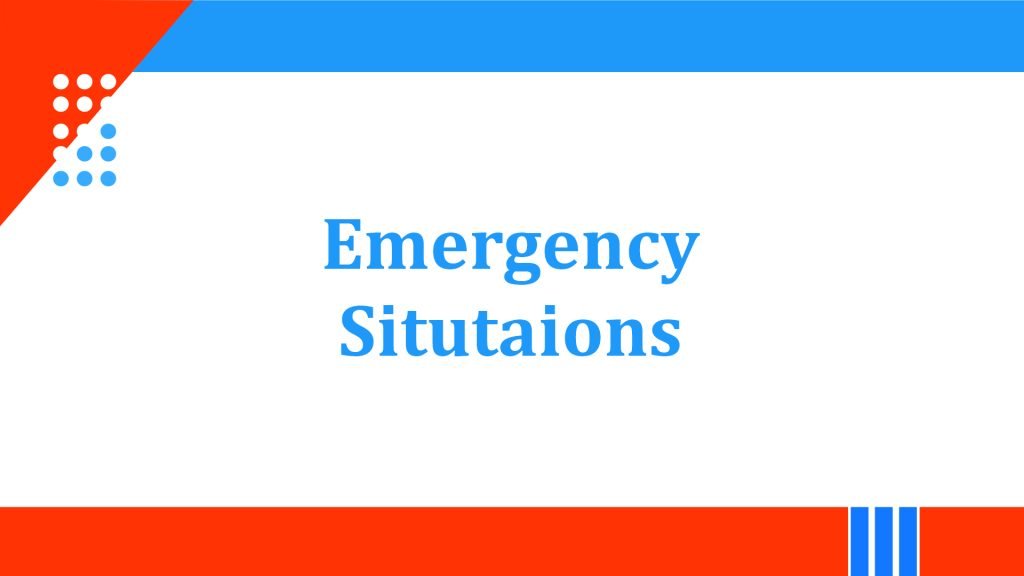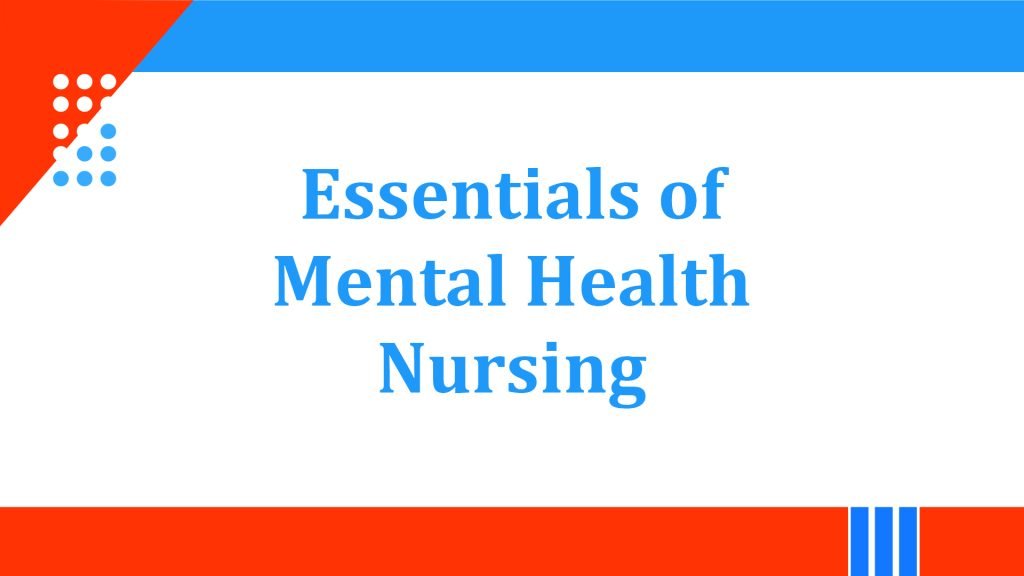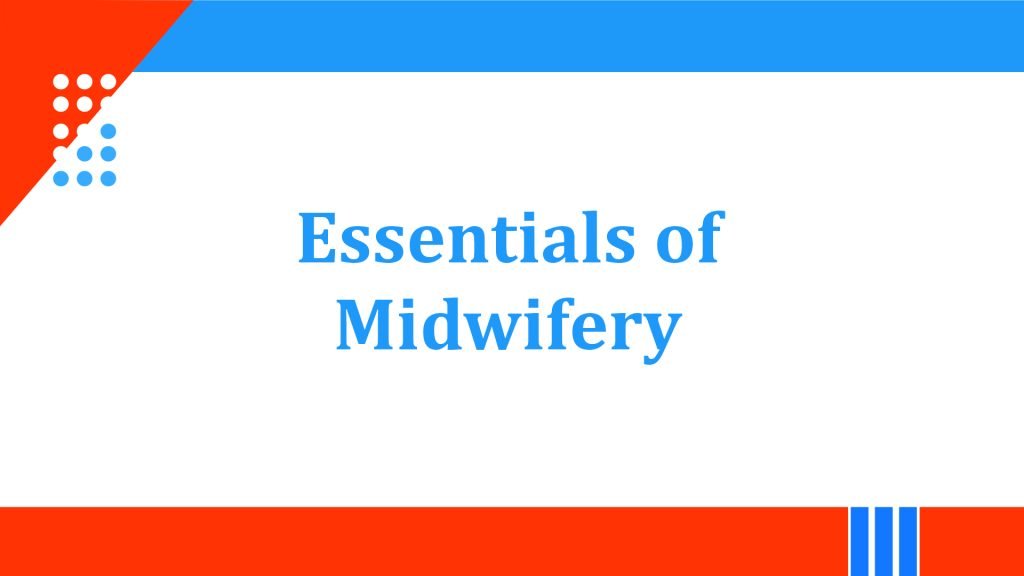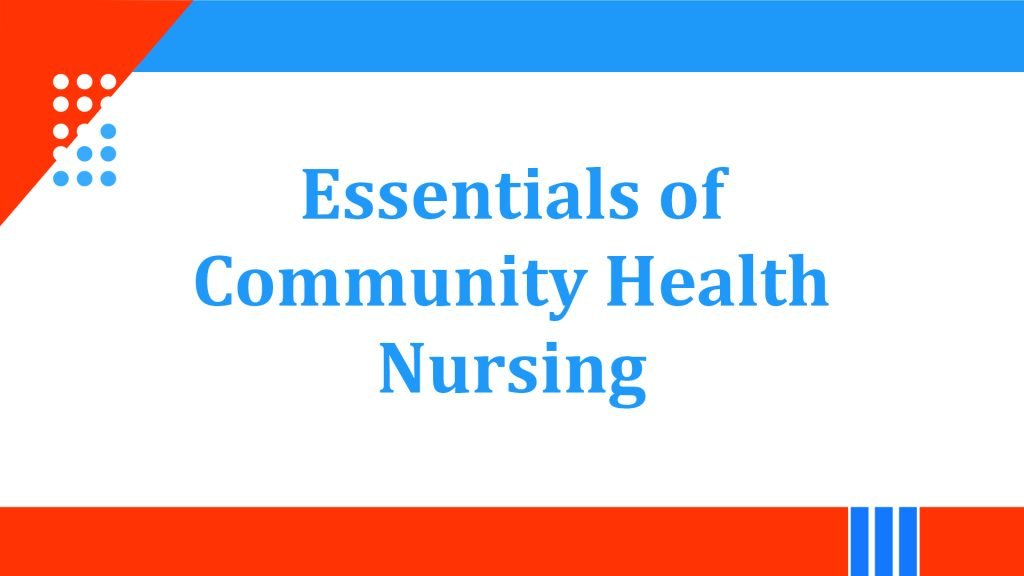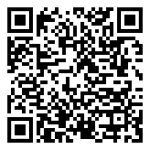Clinical Observational Skills
The Infection Prevention & Control module is designed to equip nursing students with the essential knowledge and practical skills to minimize the risk of infections in healthcare settings. This module emphasizes adherence to standard precautions, the correct use of protective measures, and effective environmental management to protect both patients and healthcare providers. Through step-by-step, students will gain confidence in implementing critical practices that reduce Healthcare-associated Infections (HAIs) and promote a safe clinical environment.
The Basic Hygiene module focuses on essential nursing care practices that uphold patient dignity, comfort, and health. These are fundamental to nursing and are especially important for patients who are dependent or bedridden. Through detailed observations, nursing students will learn how to deliver safe, respectful, and hygienic care in various clinical scenarios. Emphasis is placed on infection control, patient communication, and the importance of maintaining skin integrity and comfort.
The Scales & Assessment module is designed to strengthen the clinical judgment of nursing students by familiarizing them with key standardized assessment tools used in patient evaluation. These scales are critical for monitoring patient status, identifying risks, and supporting evidence-based care decisions. Through observations, students will learn how to perform assessments accurately, interpret results effectively, and integrate findings into their care plans.
The Medication Administration module provides nursing students with essential knowledge and practical skills for the safe and accurate delivery of medications through various routes. Emphasizing patient safety, this module covers preparation, administration techniques, and monitoring for adverse effects. Step-by-step observations help students build competence in following the “five rights” of medication administration and adhering to infection control protocols.
The Movement & Mobilization module focuses on teaching nursing students safe and effective techniques to assist patients with mobility. This includes helping patients change positions, transfer between surfaces, and use assistive devices to enhance independence while preventing injury to both patients and caregivers. Through observations, students will gain confidence in promoting patient mobility, reducing complications such as pressure ulcers, and supporting rehabilitation.
The Vital Parameters module trains nursing students in accurately measuring and interpreting the fundamental signs of life that indicate a patient’s health status. Mastery of these skills is critical for early detection of clinical changes and effective patient monitoring. Through observations, students will learn proper techniques for obtaining temperature, pulse, respiration rate, blood pressure, and oxygen saturation, alongside tips for patient comfort and safety.
The Diagnostics module provides nursing students with comprehensive training on specimen collection, patient preparation, assistance during diagnostic procedures, and post-procedure care. Mastery of these skills ensures accuracy in diagnostic testing, patient safety, and comfort throughout the process. Through observations, students will learn to perform these tasks confidently while adhering to infection control and clinical protocols.
The Perioperative module equips nursing students with the knowledge and skills needed to support patients throughout the surgical experience - from preparation to recovery. This module covers essential practices in operating room setup, aseptic techniques, and specialized pre- and post-operative care tailored to different types of surgeries. Through observations, students will learn to maintain patient safety, prevent infections, and provide effective wound management.
The Care of Lines & Tubes module trains nursing students in the proper handling, maintenance, and monitoring of various medical devices essential for patient care. This module emphasizes infection prevention, patient comfort, and troubleshooting techniques to ensure the safety and effectiveness of invasive lines and tubes. Through detailed observations, students will gain confidence in performing these procedures competently and compassionately.
The Critical Care Equipment module provides nursing students with essential knowledge and hands-on skills for operating life-support and monitoring devices commonly used in intensive care settings. This module emphasizes airway management, patient monitoring, and emergency interventions, enabling students to respond effectively to critical situations. Observations guide students through equipment setup, usage, troubleshooting, and safety precautions.
The Emergency Situations module prepares nursing students to respond swiftly and effectively in critical and life-threatening scenarios. It covers the recognition and management of emergencies using established color-coded alert systems and comprehensive life support techniques. Through practical observations, students will learn essential emergency assessments, interventions, and teamwork skills required in urgent care settings.
The Essentials of Mental Health Nursing module provides nursing students with foundational skills to assess, support, and educate patients with mental health needs. This module emphasizes comprehensive evaluation, effective communication, and compassionate care across different age groups and mental health conditions. Through practical observations, students will develop competence in psychiatric assessment, counseling, and assisting therapeutic interventions.
The Essentials of Midwifery module equips nursing students with essential skills to provide comprehensive care for women during pregnancy, labor, delivery, and the postpartum period. This module covers critical assessments, monitoring techniques, and interventions to ensure the health and safety of both mother and newborn. Through detailed observations, students will gain confidence in managing normal and emergency obstetric situations with compassion and competence.
The Essentials of Pediatric Nursing module is designed to equip nursing students with the core competencies required to care for neonates, infants, and children across various healthcare settings. This module focuses on growth monitoring, safe medication and vaccine administration, essential newborn and child care procedures, and the management of pediatric patients with specialized needs. Through detailed observations, students will build their confidence and clinical readiness.
The Essentials of Community Health Nursing module prepares nursing students to deliver preventive, promotive, and basic curative services in diverse community settings. This module focuses on empowering nurses with the skills to conduct community-based assessments, provide essential healthcare interventions, educate individuals and families, and ensure appropriate referrals. Through practical observations, students gain hands-on knowledge in delivering holistic and culturally sensitive care at the grassroots level.

